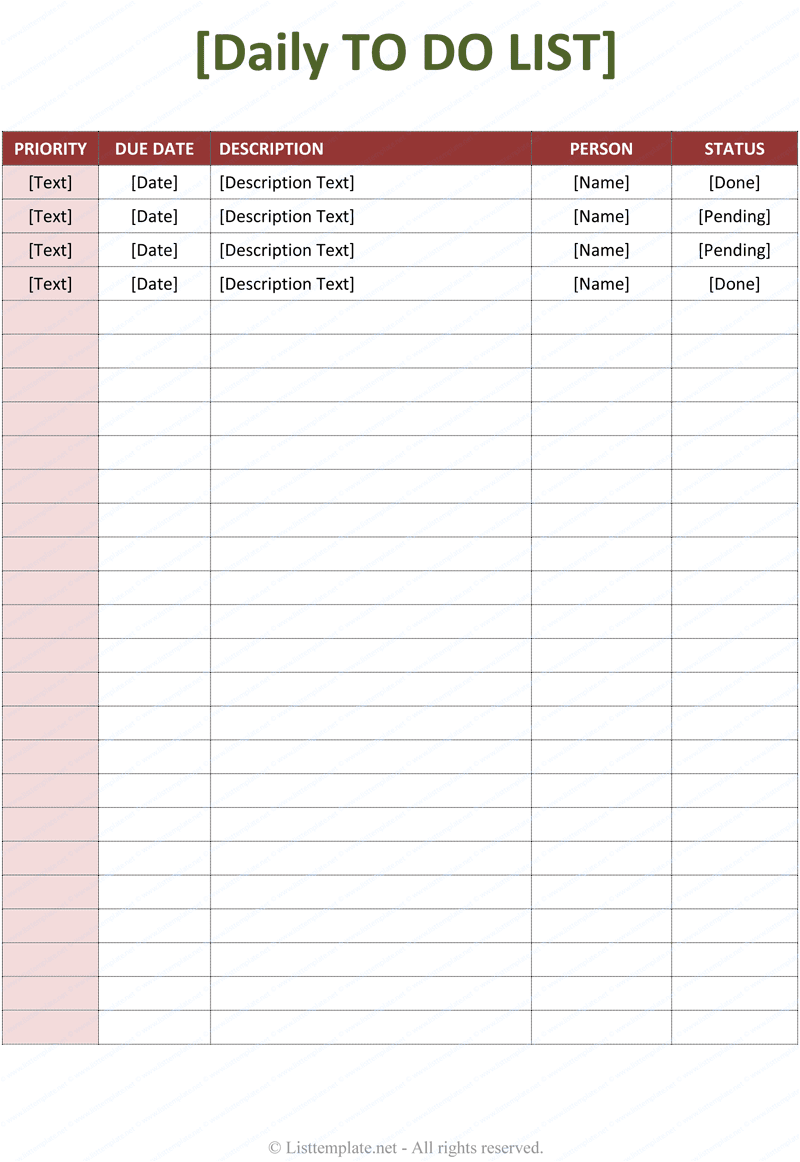

The more automated and reusable a routine for data collection is, the more streamlined the process becomes. Often, Data Analysts work with Web Developers to streamline the data-collection process. Data that is mined from primary and secondary sources must then be reorganized into a format that can be understood by a human or machine. Collecting data: Data is at the heart of a Data Analyst’s job, so collecting it plays an integral role in their daily work tasks.The process of creating a database’s structure allows Data Analysts to model data based on such parameters as what data types should be collected or stored, as well as how the categories of data related to one another. Designing and maintaining databases: Data Analysts must ensure that databases are running smoothly, which involves fixing data-related problems and coding errors.Here are a few of the most common, and universal, tasks a Data Analyst will execute on a daily basis: Although the daily tasks of a Data Analyst depend on the kind of data they are handling, as well as the project at hand, nearly all Data Analysts are involved with data gathering, organizing, and analyzing. No matter the industry, most Data Analysts are tasked with finding insights in data that can be used to learn more about the needs of the end user or customer. Daily Tasks of Data Analystsĭata Analysts are relied on in any industry that uses data, such as fast-food chains, retail stores, and healthcare providers. Data Analysts and Data Scientists are playing a more important role than ever with big data, and likely will continue to do so in the coming years. This number is projected to reach $105 billion by 2027. In 2018, the Global Big Data Analytics Market was estimated to be worth $37 billion. Cloud computing, along with mobile data traffic and AI technologies, is part of a rapid expansion not only of the volume of data that has to be stored and processed but also its complexity. Growing Demand for Data Analystsĭata Analysts are in high demand as companies expand their analytic capabilities to keep up with the ever-growing stream of data that must be processed and analyzed. This process relies on disciplines like mathematics, statistics, and computer programming. Once the information is collected, conclusions can be drawn from it, which can be used for problem-solving, business processing, decision-making, and predictions that can inform what a company’s next steps should be.

This process includes collecting data, organizing it, and storing it, then performing statistical analysis on the data. With creativity, flexibility and problem solving, you'll be able to adapt your daily routine to support these changes.Data analytics is the set of techniques used to analyze raw data (unprocessed data) in order to extract relevant information, trends, and insights. Make sure to allow for flexibility within your daily routine for spontaneous activities.Īs Alzheimer's disease progresses, the abilities of a person with dementia will change.

Structured and pleasant activities can often reduce agitation and improve mood. Remember to make time for yourself, or include the person living with dementia in activities that you enjoy - for example, taking a daily walk.Ī person with Alzheimer's or other progressive dementia will eventually need a caregiver's assistance to organize the day.


 0 kommentar(er)
0 kommentar(er)
